UP IHR conducts a Focus Group Discussion (FGD) on the legal capacity of Persons with Disabilities
As part of its research project entitled “A Research on the Legal Capacity of Persons with Disabilities,” the UP Law Center Institute of Human Rights (UP IHR) conducted an in-person focus group discussion (FGD) on the legal capacity of persons with disabilities on 24 August 2023. The FGD brought together an assembly of persons with disabilities along with non-governmental organizations (NGOs) that support their cause. The participants included members from Angat PWD, Parent Advocates for Visually Impaired Children (PAVIC), PWD Federation of the Deaf, Special Olympics Pilipinas, Best Buddies Philippines, Alyansa ng may Kapansanan na nagmamaneho ng Sasakyan at Motor sa Pilipinas, Inc. (ALKASAMOPI), and PWD Federation, among others.
Professor Elizabeth Aguiling-Pangalangan opened the event by underscoring the Philippines’ commitment to recognizing the full legal capacity of persons with disabilities as a state party to the United Nations Convention on Persons with Disabilities (UNCRPD). UP IHR’s Law Reform Specialist and the Project Head Atty. Glenda T. Litong then provided a brief overview of the project, emphasizing that its main objective is to ultimately propose a legislative measure that will promote the independent living of persons with disabilities. To this end, it is important that the principal stakeholders, the persons with disabilities themselves, are at the forefront of the discussions.
After the opening plenary, the FGD was conducted in three groups—two groups consisted of persons with disabilities, and one group was composed of NGOs. It focused on the participants’ understanding of legal capacity in relation to disability, barriers, and challenges that persons with disabilities struggle against, and other societal issues that hinder persons with disabilities from exercising full legal capacity. The discussions were facilitated by UP IHR’s Atty. Glenda Litong and Atty. James Gregory Villasis and UP Training and Convention Division’s Atty. Kristine Eugenio and Atty. Liezl Mones.
At the outset, persons with disabilities conveyed a prevalent lack of support for their needs as evidenced by the lack of facilities to support their access to fundamental services. Among the issues mentioned were non-accommodating public infrastructures, inaccessible transportation, scarcity of sign language interpreters, and limited awareness about the nature of disabilities, particularly those that are not immediately apparent. They shared how the stigma of incapacity, based solely on having a disability, has hindered their meaningful participation in society. Specifically, most of them recounted instances when they were prevented from doing a particular act, even if the act had no relation to their disability. One participant with visual impairment recounted how, when availing of PWD discounts, establishments often approach her personal assistant to sign on her behalf, even though she is fully capable of affixing her own signature.
Some also experienced not having their prior consent secured before decisions were made concerning them, such as during admission to a healthcare institution, administration of health substances, or selection of courses. A shared sentiment in terms of difficulties in employment was also revealed. For instance, one participant who was suffering from a mental disability deliberately hid her disability for fear of being laid off. Another participant, a person with autism, shared that there is a prejudice against people on the spectrum and that despite being qualified, he was not given the job he was applying for due to his condition.
Discussions highlighted the dearth of resources to facilitate their meaningful participation in society. Another participant suffering from a mental disability mentioned that the lack of access to psychosocial services had impeded her from enjoying other essential services. This was made more noticeable when another participant, who is both mute and suffering from a mental disability, shared his experience. Despite having multiple language interpreters, he was still unable to efficiently communicate with others during the FGD, demonstrating how his condition has been adversely affecting various aspects of his life.
Representatives from various NGOs echoed the problems raised by the principal stakeholders. They believe that there is a lack of awareness and access to information with respect to the rights of persons with disabilities. Specifically, persons with disabilities are unaware of their rights and the laws that sanction them. Moreover, duty-bearers, those entrusted with enforcing these rights, often fall short in accommodating persons with disabilities.
Participants from the NGOs discussed how some companies fail to inquire about what kind of support is needed by persons with disabilities and are unprepared to accommodate them. Perhaps even more concerning is the fact that persons with disabilities have nowhere to turn for relief whenever they are denied basic services. As such, recommendations to include penal sanctions for non-compliance with laws promoting the accommodation of persons with disabilities were addressed.
Ultimately, representatives from the NGOs shared that while there are numerous laws advocating for the rights of persons with disabilities, proper implementation remains lacking. True inclusion can only happen when there is a paradigm shift to supported decision-making whereby persons with disabilities are provided with an accommodating environment that will allow them to exercise full legal capacity on an equal basis with others. As one participant quoted, “Diversity is being invited to the party. Inclusion is being asked to dance.”

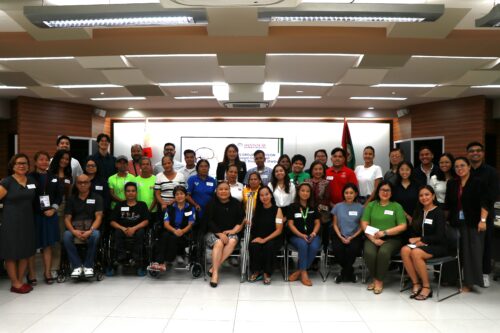
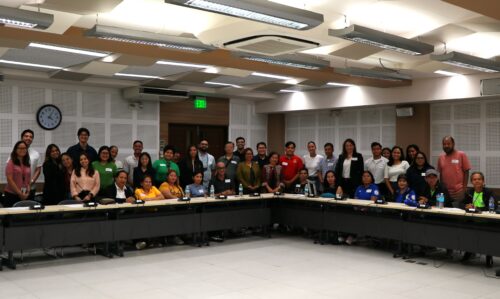
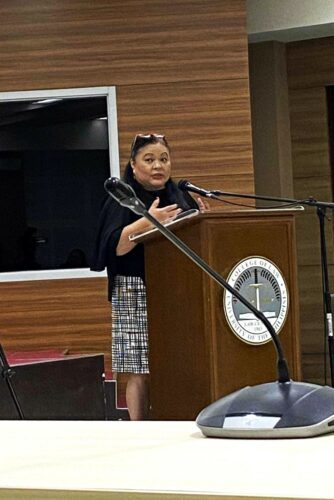
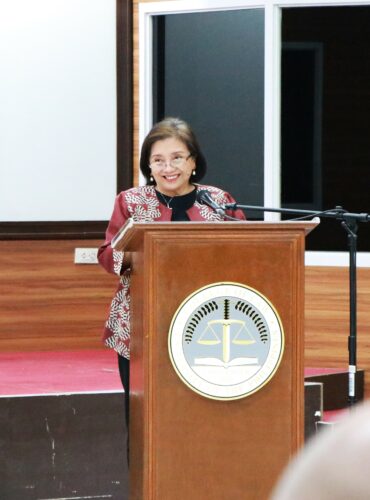
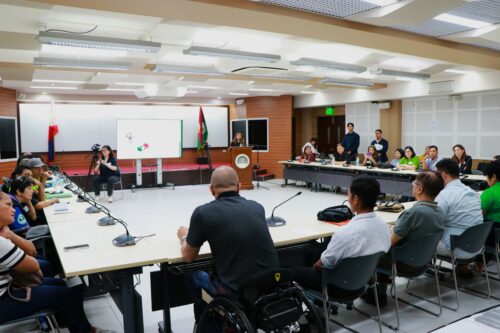
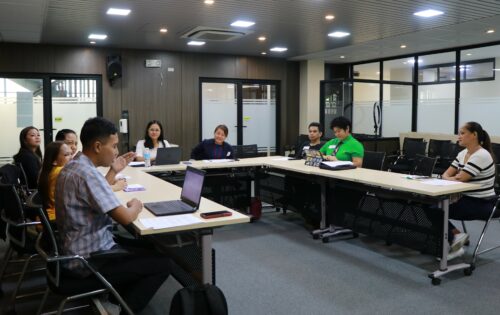
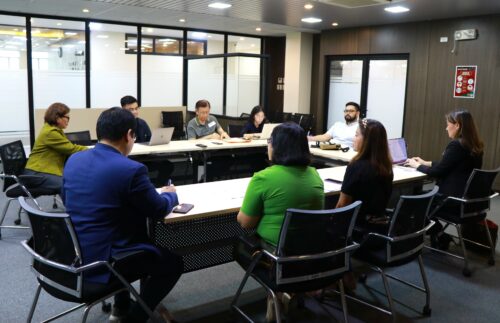
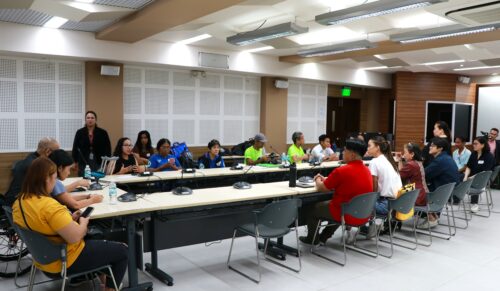
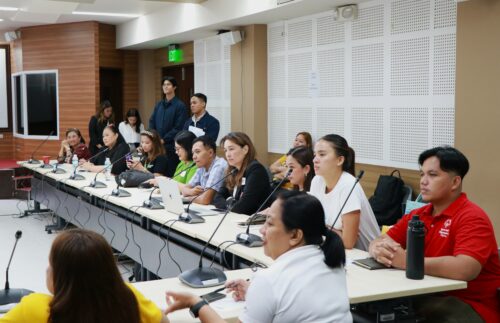






































































































 on the upper right corner to select a video.
on the upper right corner to select a video.